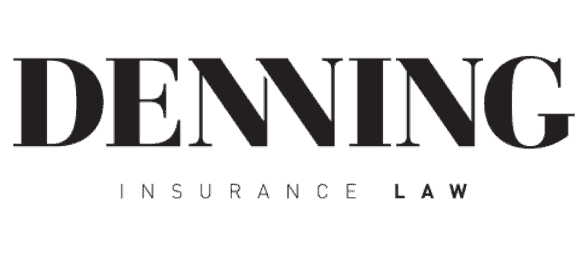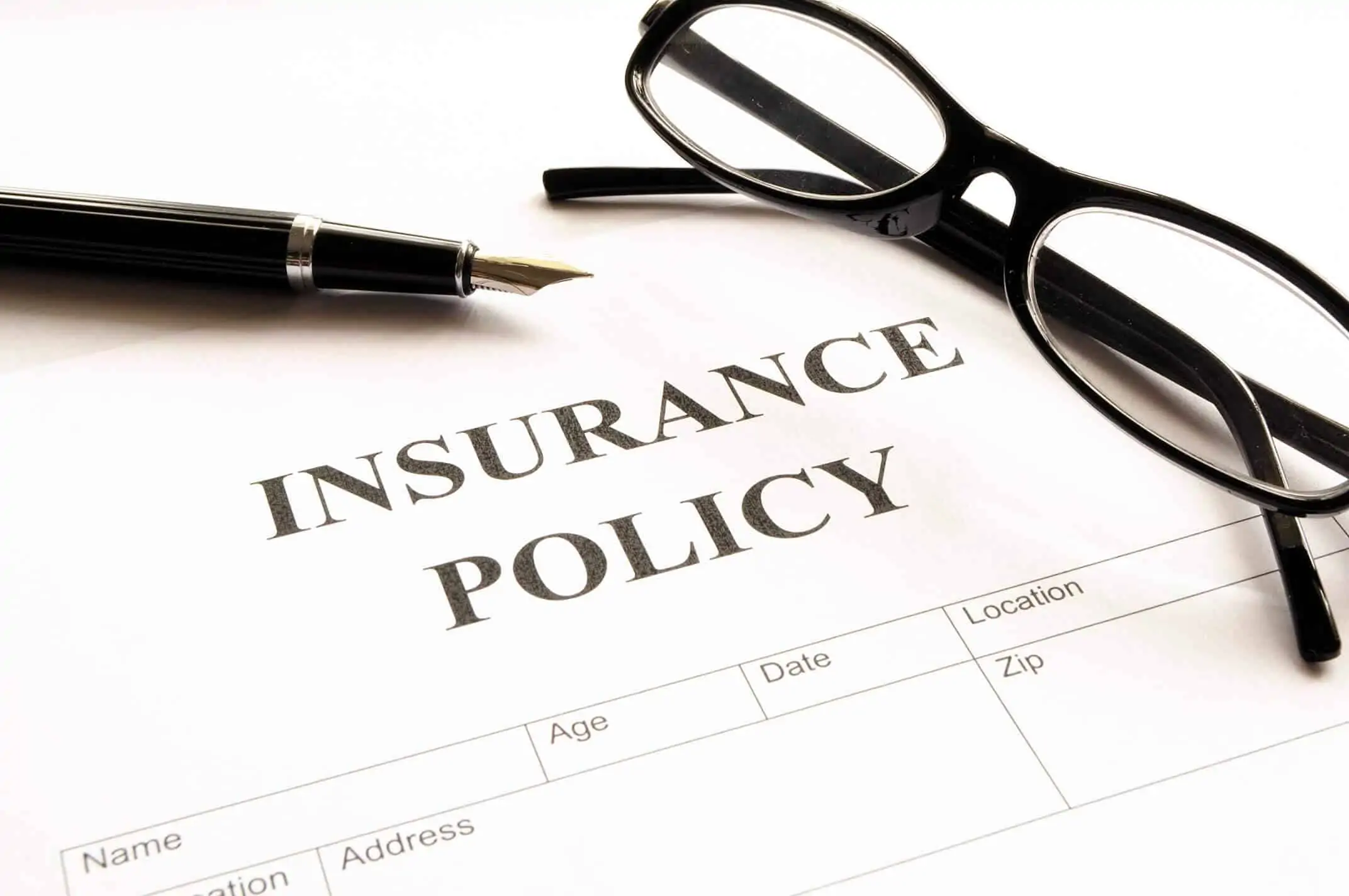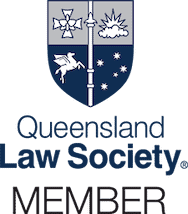What actually is insurance?
The definition of ‘insurance’ depends upon who you ask.
For the customer (commonly referred to as ‘the Insured’), it means peace of mind because the customer has paid a sum of money (called ‘the Premium’) to the Insurer in exchange for the Insurer agreeing to compensate the customer, subject to the terms and conditions of the insurance policy agreement.
For the Insurer (also called ‘the Underwriter’), it means the purchasing of risk. After reviewing the customer’s application for insurance (commonly referred to as ‘the Proposal’), the Insurer can elect to:
- Option 1. Accept the risk in exchange for a written contract (commonly referred to as ‘the Product Disclosure Statement’), and impose various conditions (discussed further below); or
- Option 2. Simply not accept the risk.
In regards to Option 1, the various conditions which the Insurer may impose could include:
- The amount of the excess payable by the customer. An excess is the amount of money the customer must pay to the Insurer once a claim is made.
- Exclusions whereby even if a claim is made by the customer, the Insurer may be entitled to decline insurance cover to the customer.
In regards to Option 2, a recent example is current media reports that some parts of Australia are now “uninsurable” when it comes to Home and Contents insurance, because of the repeat risk of catastrophic natural events (e.g. bushfires and floods).
The incident
An insurance claim normally stems from an incident (also called ‘the Insured Event’).
The incident is often an unexpected, alarming or detrimental event. Therefore, even though you may be stressed or hurt by the incident itself, you will be required to remain calm and focussed when involving your insurer.
At Denning Insurance Law, we know that making an insurance claim can be difficult and tricky, so please contact us if you require assistance.
Details of the incident
Before actually making the claim, it pays to gather together all relevant details and documents. The type of incident, type of policy and type of claim depend upon what you must collate for the benefit of the Insurer.
Whether the claim is a motor vehicle incident, a workplace incident, storm damage or a burglary, it is likely the following details will be required:
- Date, time, location or weather conditions.
- What loss or damage was suffered.
- An explanation of precisely what happened.
- Copies of photographs or relevant documents (e.g. receipts proving ownership of stolen items or cost of damaged items).
- Any witnesses’ contact details.
- Registration details and driver details (i.e. motor vehicle incident).
- Your insurance company and your insurance policy number.
If the customer uses an insurance broker, then the customer’s insurance broker can often assist the customer collate the necessary details.
Should I make a claim on my insurance?
At Denning Insurance Law, we often get asked this question. The answer is not an easy one to give.
Some clients prefer to read the relevant Product Disclosure Statement (‘PDS’), determine if a claim can be made, or should be made, and then seek legal advice.
We cannot give legal advice in this article, but we can say it is imperative that any claim is made as soon as possible after the incident. You should not hesitate when involving the Insurer.
Some PDS agreements do specifically state that a customer’s delay when making a claim may detrimentally affect the customer’s position.
If you require legal advice before making an insurance claim, please contact us at Denning Insurance Law.
Making an insurance claim
A claim is a formal notification from the customer to the Insurer that an incident has occurred and the customer requires the Insurer’s assistance.
Once you have identified the relevant Insurer with whom you have an existing agreement, it is important to read that insurer’s PDS to understand:
- What you need to do to make a claim.
- How to actually make a claim.
For most PDS documents, an insurance claim can be made by telephoning the insurer or completing a written claim form and submitting that claim form to the insurer by email, mail, facsimile or personal delivery.
When making your claim – be it orally by telephone or in writing – you must ensure the following:
- You are completely honest. No good ever comes from “trying to answer questions in a certain way” or “gilding the lily”.
- You are correct. Incorrect information from the outset may cause confusion, result in delays or incorrectly cause the Insurer to raise question marks about your claim.
- Be vigilant. The Insurer, or the Insurer’s agents (discussed below), will be unexpectedly contacting you at all times of day with queries about your claim or with requests for your input (e.g. a visit to your home to assess storm damage).
- Be organised. If the Insurer’s agent makes a time to assess your damage or loss, ensure you have all documentation and information ready for the appointment.
- Keep note of your claim number. The claim number given to you by the Insurer when you make the claim will be the easiest and quickest way that you and the Insurer will track your claim.
Co-operating with the insurer
An insurance contract is an agreement between the Insurer and the customer as to how the former will help the latter once a claim is made.
The PDS sets out the actual manner of how a claim will be investigated, handled and eventually settled, depending upon the type of claim. Always read the PDS to understand what you and the Insurer must do once a claim has been made.
Once you make the claim, it is important to listen to the claims staff employed by the Insurer. They will give you guidance about the claim process and also additional guidance about matters such as:
- Involving the police (e.g. after a burglary)
- Ensuring you are safe and healthy (e.g. after an injury incident)
- Making sure your home is secure (e.g. after a storm event)
To investigate your claim, the Insurer might engage third parties to assist with the investigation process. Those third parties might include:
- Loss adjusters
- Factual investigators
- Fire investigators
- Motor vehicle repairers
- Doctors
Additionally, the Insurer might make enquiries with various authorities, such as:
- Police
- Fire fighters
- Ambulance
- Local council
The PDS should set out how and why you need to co-operate with these third parties or authorities to assist the Insurer.
If, however, during the claim process, you feel or believe you are being asked to divulge unnecessary or detrimental information as part of the claim process, please contact us at Denning Insurance Law.
What happens after an insurance claim is filed
Once the Insurer receives all relevant information and documentation, there are time limits set out in the General Insurance Code of Practice whereby the Insurer must assess and respond to your claim.
There is no set time frame by which every claim must be investigated, handled and decided. Every claim is different.
If you believe the Insurer is incorrectly delaying your claim process, or you believe the Insurer incorrectly declines your claim, please contact us at Denning Insurance Law.
Important note
This article is a general guide. It is not meant to over-ride the actual terms and conditions of the insurance policy you are reading in respect of the actual claim you are making.
Every policy document is different and no two claims are the same. One size does not fit all.
This article is not legal advice. If you require legal advice about any aspect of insurance, please contact us at Denning Insurance Law on (07) 3067 3025.





